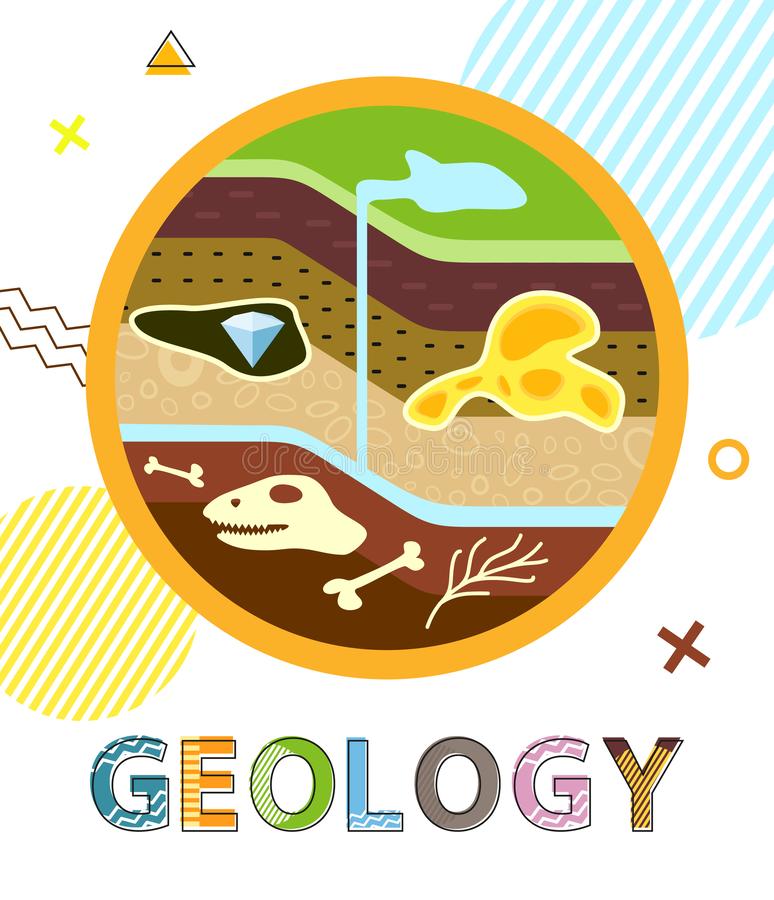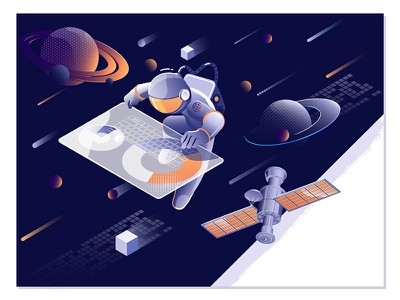Mon-Sat 9am-7pm








Astronomy is the science dealing with all the celestial bodies in the universe. It is the study of the movement, nature, and constitution of heavenly bodies. It is also the study of the laws which direct them, as also the effects, which they produce upon one another.
It seeks to crack the past history of heavenly bodies and their possible future development. Though the use of modern technology and new gadgets have made Astronomy a specialized branch of study, it is, in fact, a very old science.
With the development of science and technology, the man began to use sophisticated technological gadgets for the purpose. India has produced many best brains like Aryabhatta and Bhaskara in this field.
Astronomy is divided into several branches such as Astrophysics, Astrometeorology, Astrophysics, Astrobiology, Astrogeology, and Astrometry. These branches together help in the holistic study of the discipline and unravel the mysteries of the universe.

| Institutes | Courses | City | Website |
| IIT-B | Graduation, Post-graduation | Bombay | http://www.iitb.ac.in/ |
| The Indian Institute of Astrophysics | Doctoral, Post-Doctoral Fellowship | Kodaikanal, Bangalore | http://www.iiap.res.in/ |
| The Department of Physics & Astrophysics, DU | Graduation, Post-graduation | Delhi | http://www.du.ac.in |
| Presidency College | Graduation, Post-graduation | Kolkata | http://www.presiuniv.ac.in/web/ |
| Joint Astronomy Programme (JAP) | Graduation, Post-graduation | Delhi University,Delhi | http://www.lsr.edu.in/ |
| Cochin University Of Science And Technology | Graduation, Post-graduation | Kochi | http://www.cusat.ac.in/ |
| Indian Institute of Technology, Delhi | Graduation, Post-graduation | Delhi | http://www.iitd.ac.in/ |
| Banaras Hindu University, | Graduation,Post-graduation,Doctoral | Varanasi | http://www.bhu.ac.in/ |
After completion of a course in Astronomy, one can find placement as a Research Scientist with several research institutes and big Government organizations like the Indian Space Research Organization (DRDO).
Employment opportunities exist in organizations such as the TIFR (Government of India’s National Centre for Nuclear Science and Mathematics), the National Centre for Radio Astrophysics, Pune and Ooty, the IIS, Bangalore, the Inter-University Centre for Astronomy and Astrophysics, Pune, Physical Research Laboratory (PRL), Ahmedabad, UP State Observatory at Nainital, the Indian Institute of Astrophysics and the Indian Space Research Organisation (ISRO), Bangalore, Astronomical Society of India, Udaipur Solar Observatory, and the CSIR. Some researchers also go on to work at leading observatories and institutes in the USA.
One can also join organizations like the Association of Bangalore Amateur Astronomers (ABAA) which involves itself in telescope making, organizing observation sessions for the public, and popularization of Astronomy.
As a beginner, one would be inducted as a fellow researcher into an existing team already working on an Astronomy project. The prospects of traveling to far distant shores are also open as international seminars and conventions are held regularly in different countries.
While during the research work, one generally receives a monthly stipend of Rs.8, 000 as a Junior Researcher while Rs.9,000 is what one is expected to receive as a Senior Researcher. Moreover, one will be entitled to an annual book grant.
Hostel accommodation house rent allowance and medical and travel allowances are other benefits available to the researchers. One will also get support to participate in national and international seminars and conferences.
After one has completed the research work, employment opportunities with different institutions increase. Various government bodies and institutes also employ astronomers in different grades of scientists where they are offered high salaries with other perks and allowances too.
Working in a field that you are satisfied with and contributing to the advancement of humankind.
In the studying stage, you can apply for various scholarships and work your way to excel in your exams.
During the job search, you can teach or research in physics, and if nothing else works out, you can still work for data analytics and sciences.
Lack of high-paying jobs.
The second con that is uncommon is that during the doctorate level, it is difficult to get grants from universities to conduct research and experimentation.

Skills Required To Become An Astronomer
Call us at +91 9205084085, Monday - Friday, 9 am - 7 pm


